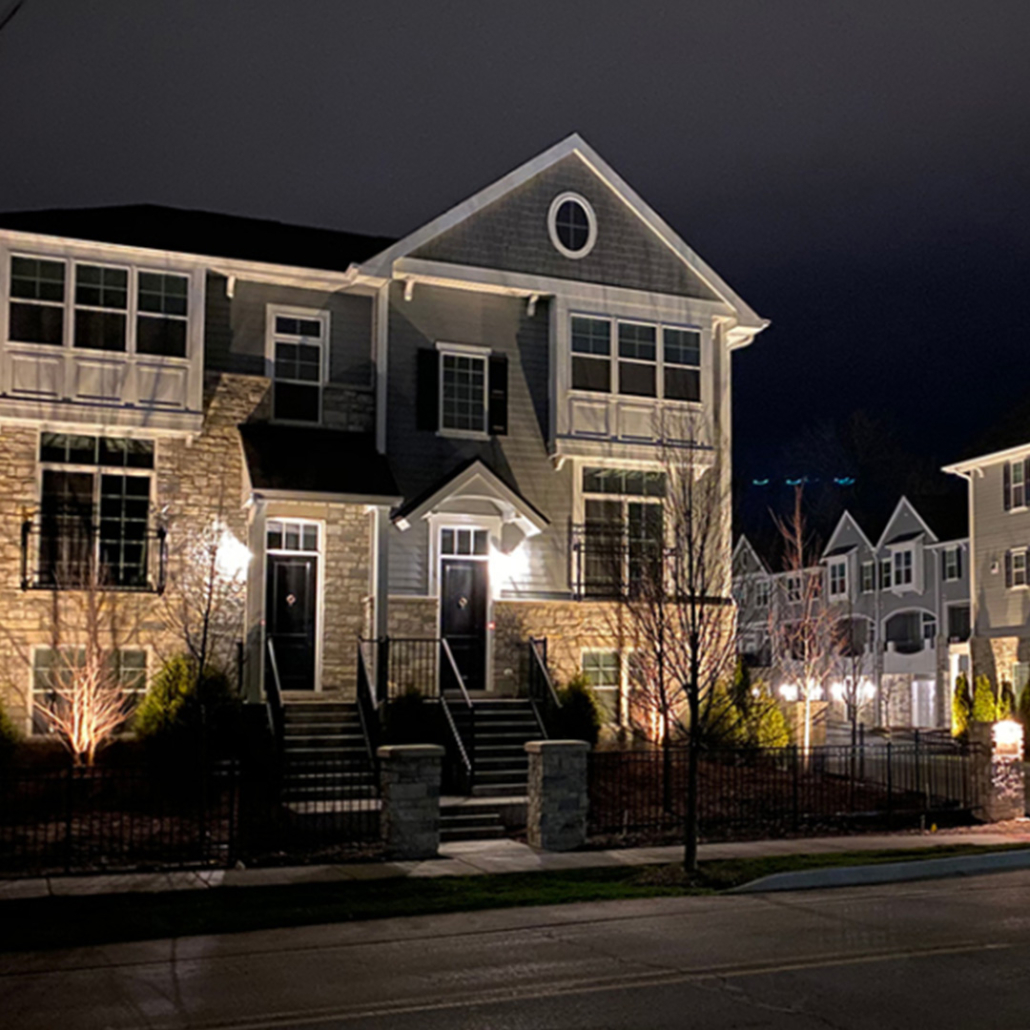These Millionaires Can Afford Their Dream Home. They’re Renting Instead.
The rise in wealthy renters reflects how the calculus around homeownership has changed in the U.S.
By Gina Heeb and Paul Overberg
Sept. 16, 2024 5:30 am ET
George Goognin, the millionaire founder of a fintech startup, moved to the U.S. two years ago from Russia. He planned to rent while he searched for a place to buy in Silicon Valley. But after a monthslong househunt, he saw nothing he liked. So he moved on.
He looked for a home to buy in Miami, then in New York. At each stop, he was frustrated by what he considered a lack of suitable homes for sale.
“In terms of price for value, the supply is close to zero,” Goognin said. Instead, he is renting a three-bedroom apartment in a luxury Manhattan high-rise for about $19,000 a month.
Goognin is a part of an emerging group of unlikely renters: millionaires. While still relatively small in number, millionaire renters in the U.S. are on the rise, a reflection of how the calculus around homeownership has changed for even the wealthiest in the U.S.
Between 2018 and 2022, the share of households with annual incomes of more than $750,000 that rented rose to 10.5%, according to census data from IPUMS at the University of Minnesota analyzed by The Wall Street Journal, the highest level since the survey began in the mid-2000s. It was 8.4% in the previous five-year period.
For households whose net worth ranked in the top 5%, the share of renters rose to 3.7% in 2022, according to the Federal Reserve’s Survey of Consumer Finances. That was the highest level since the early 1990s.
“That’s a funny conversation we have with a lot of our clients,” who say “‘Wow, I have all this money and I can’t find a house,’” said Ruthie Assouline, co-leader of a Douglas Elliman Real Estate team that specializes in luxury sales in New York and Miami.
The conveyor belt of homes that go on and off the market has slowed dramatically since the Federal Reserve started to raise interest rates in 2022. Mortgage rates have roughly doubled since then, leaving many would-be sellers stuck in place. Supply has been on the rise in recent months but has remained below prepandemic levels.
That shortage has pushed home prices to record highs. Together, steep prices and higher rates have made it less affordable than just about any other time to buy a home. It is cheaper to rent than to buy in all of the top 50 metro areas, according to a recent Bankrate study.
Millionaires are hardly a concern when it comes to an affordability crisis that has put homeownership out of reach for millions of Americans. They often have a choice of whether or not to rent. They also have other avenues available to build wealth—through the stock market or investment properties—whereas many Americans rely on homeownership to do so.
The homeownership math changes
But the rise in the share of millionaire renters signals a broad recalibration in the way some Americans think about homeownership.
A lot of it still comes down to the math, even for millionaires.
Some would rather keep cash in the stock market and other investments, with home prices and transaction fees elevated. High borrowing rates can still be painful for those who don’t need to take out a mortgage but would prefer to for investment reasons. Banks used to offer lower mortgage rates on jumbo loans, but that has reversed over the past year. High rates are less of a factor for all-cash buyers but still keep the market locked up.
Other costs of homeownership also have risen sharply. Property taxes have been on the rise across much of the country. Insurance premiums have soared, especially in the coastal markets where mansions often sit.
New York real-estate firm Leslie J. Garfield, which focuses on luxury townhomes, has done north of a dozen deals since this spring on rentals that go for $20,000 or more a month. That is “far higher than it has been over the years,” said senior partner Matthew Lesser.
Other millionaires who choose to rent are driven more by flexibility and convenience than by finances.
Biotech executive Arun Das and his wife launched a major renovation on their first home in mid-2023 that was expected to take at least a year. At first, the wait seemed worth it for the 19th-century Philadelphia row house: a five-bedroom, five-bath in the prime Rittenhouse Square neighborhood.
But less than halfway through the renovation, the Dases sold the house. The 30-somethings decided to rent indefinitely at a nearby high-rise, a break from months of unexpected renovation and maintenance issues at the house. The added costs—as high as thousands of dollars a month on top of a $5,000 mortgage payment—were less of a problem for the Dases than the time it had started to consume.
“We steadily began to realize the magnitude of the task ahead of us, not even in terms of financial resources, but just time and effort and coordination,” Das said. “The hour that we can save a day, it’s time that we can spend with the kids or to have a glass of wine together.”
Catering to the forever renters
The luxury rental industry has sought to seize on the market shift. Philadelphia-based developer Post Brothers, which worked on the high-rise where the Dases live, designs some properties to cater to “forever renters,” particularly higher-income ones.
It started to build larger floor plans, mudrooms and playrooms—“the kind of features that people expect in a new McMansion,” said Michael Pestronk, co-founder and chief executive of Post Brothers.
For some millionaires, especially younger ones, homeownership isn’t out of the question. But it is delayed.
Nick Chibbaro, a 28-year-old who works in sales and trading in New York, and his fiancée recently postponed plans to buy a house in the suburbs. The couple decided to sign a lease at a luxury apartment in the Financial District. They still hope to buy a home once rates go down “meaningfully.”
“I do think a lot more people are renting for longer and are OK with that,” Chibbaro said. “The current climate is extremely prohibitive.”
Write to Gina Heeb at [email protected] and Paul Overberg at [email protected]
Copyright ©2024 Dow Jones & Company, Inc. All Rights Reserved. 87990cbe856818d5eddac44c7b1cdeb8












































